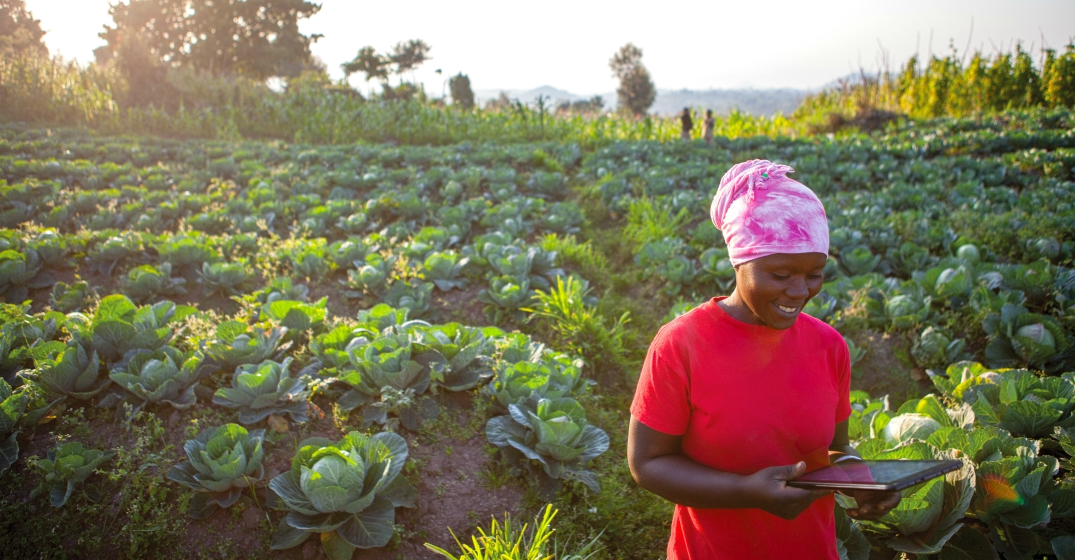(3 minutes read)
The Minister of State for Agriculture and Food Security, Senator Aliyu Sabi Abdullahi reiterated his government’s commitment towards the actualisation of President Bola Tinubu’s ‘Agricultural Transformation Agenda’. The minister explained that the President is doing everything possible to ensure the success of his agenda for agricultural transformation and food security.
The Minister of State for Agriculture and Food Security, Senator Aliyu Sabi Abdullahi reiterated his government’s commitment towards the actualisation of President Bola Tinubu’s ‘Agricultural Transformation Agenda’. The minister explained that the President is doing everything possible to ensure the success of his agenda for agricultural transformation and food security.
The Nigerian Federal Government’s Agricultural Transformation Agenda (ATA) was launched to attract private sector investment in agriculture, reduce post-harvest losses, add value to local agricultural produce, develop rural infrastructure, and enhance access of farmers and other value chain actors to financial services and markets. The ATA sets out to create over 3.5 million jobs along the value chains of the priority agricultural commodities of rice, sorghum, cassava, horticulture, cotton, cocoa, oil palm, livestock, fisheries, etc. for Nigeria’s teeming youths and women, in particular.
The minister further explained that the decision to pick both the senior and junior ministers for Agriculture and Food Security from Borno and Niger, the two largest states that are seriously hit by farm distress, is a clear indication of the President’s commitment to this cause. However, he admitted that the two states are bedeviled by insecurity, and the ongoing operations against criminals by the military and other security agencies will bring peace and accelerate the way for farming activities.
Also Read:
https://trendsnafrica.com/nigeria-to-focus-on-export-of-honey/
https://trendsnafrica.com/new-app-launched-in-nigeria-for-agribusiness/
https://trendsnafrica.com/nigeria-urged-to-promote-yam-cultivation/
ATASP Phase I (ATASP-1) will be implemented in five years and is estimated to cost UA113.54 million, respectively, in four Staple Crops Processing Zones (SCPZs) of Adani-Omor, Bida-Badeggi, Kano-Jigawa and Kebbi-Sokoto. Key impacts are additional incomes to an increased number of producers and entrepreneurs in the sector by the creation of about 120,000 jobs along the value chain of priority commodities; and additional 20 million metric tons of key commodity food crops added to domestic food supply per annum.





